Search
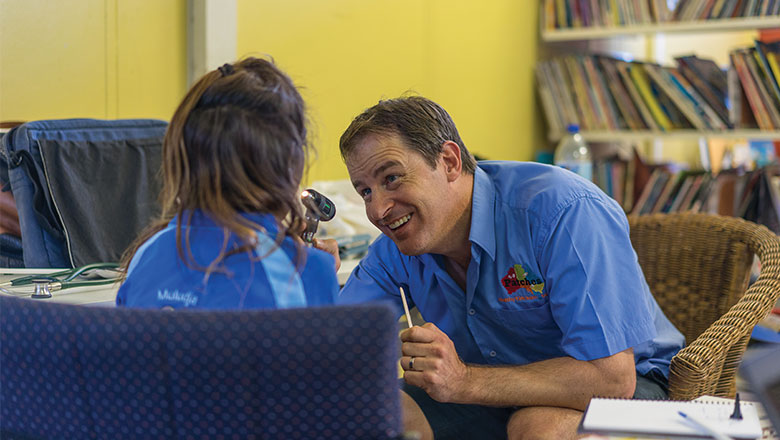
News & Events
Making FASD history in the Fitzroy ValleyThe Make FASD History campaign, led by community researchers and The Kids Research Institute Australia, has made huge inroads into prevention, diagnosis and therapy.
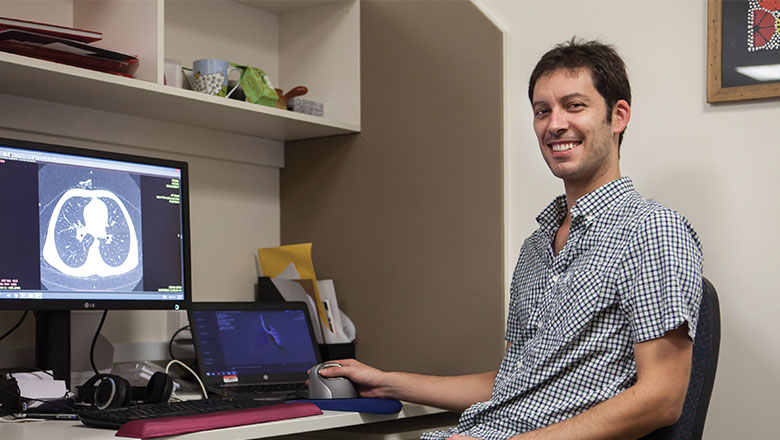
News & Events
On a quest for kids with cystic fibrosisPRAGMA-CF, a new way of measuring early lung disease in young kids with cystic fibrosis is changing the way we detect and treat CF.

News & Events
Extra whooping cough shots to protect bubsAn extra whooping cough vaccination for babies comes as a result of work by researchers at the Wesfarmers Centre of Vaccines and Infectious Diseases.
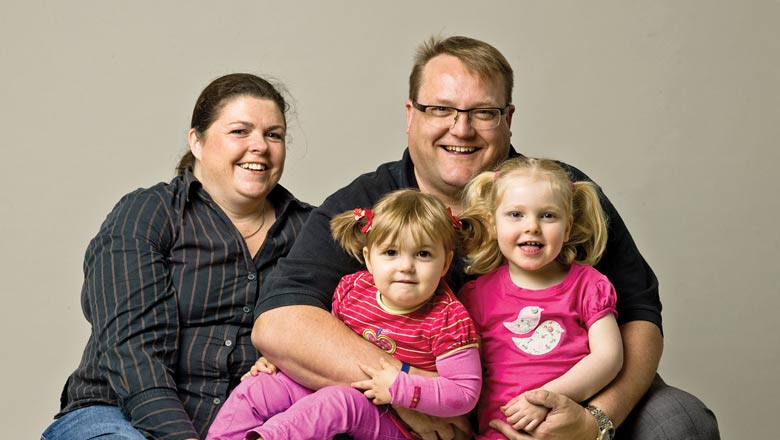
News & Events
Global research for rare disorderThe Kids Research Institute Australia researchers set out on a worldwide search to find out all they could about Rett syndrome, establishing databases and creating awareness.

News & Events
Survey explores mental health needs of trans and gender diverse young peopleWe have launched a national survey to investigate how we can better support young people who don't identify as the gender they were assigned at birth.

News & Events
Free vaccination public seminarImmunisation plays an important role in preventing disease within our community. Join us at a FREE public seminar on vaccinations.

News & Events
The Kids researcher among Top 5 Under 40Congratulations to Gail Alvares from our Autism research team who has been named as one the ABC's Top 5 Under 40 scientists in residence.
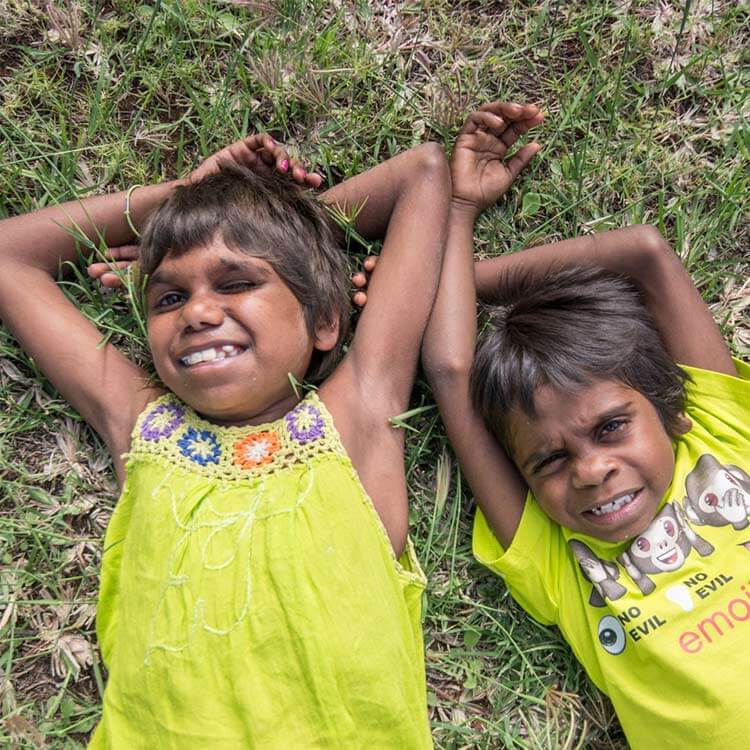
News & Events
New project to make FASD history in the PilbaraA new project aimed at reducing Fetal Alcohol Spectrum Disorder (FASD) in the Pilbara has been launched today in South Hedland.
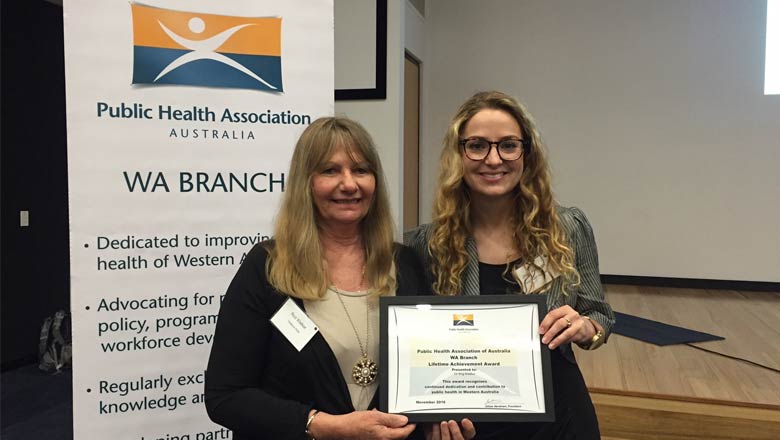
News & Events
The Kids researchers honoured at Public Health Association AwardsTwo The Kids researchers working to improve the health & wellbeing of Aboriginal children & their families have both been honoured at the PHAA Awards.

News & Events
Vitamin D deficiency linked to childhood asthmaResearchers at The Kids Research Institute Australia have found children with vitamin D deficiency are more likely to develop asthma.
